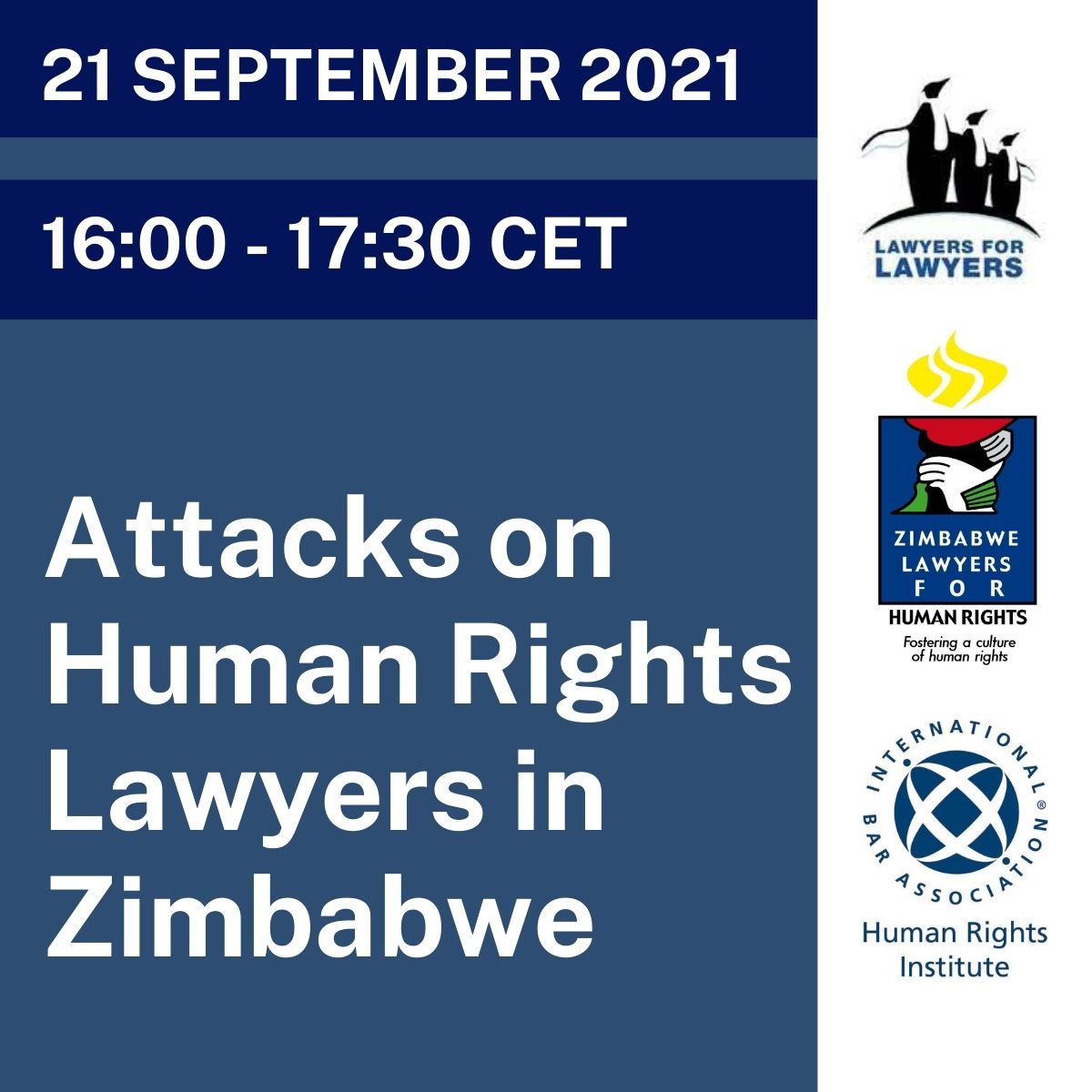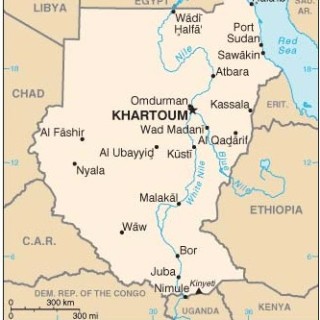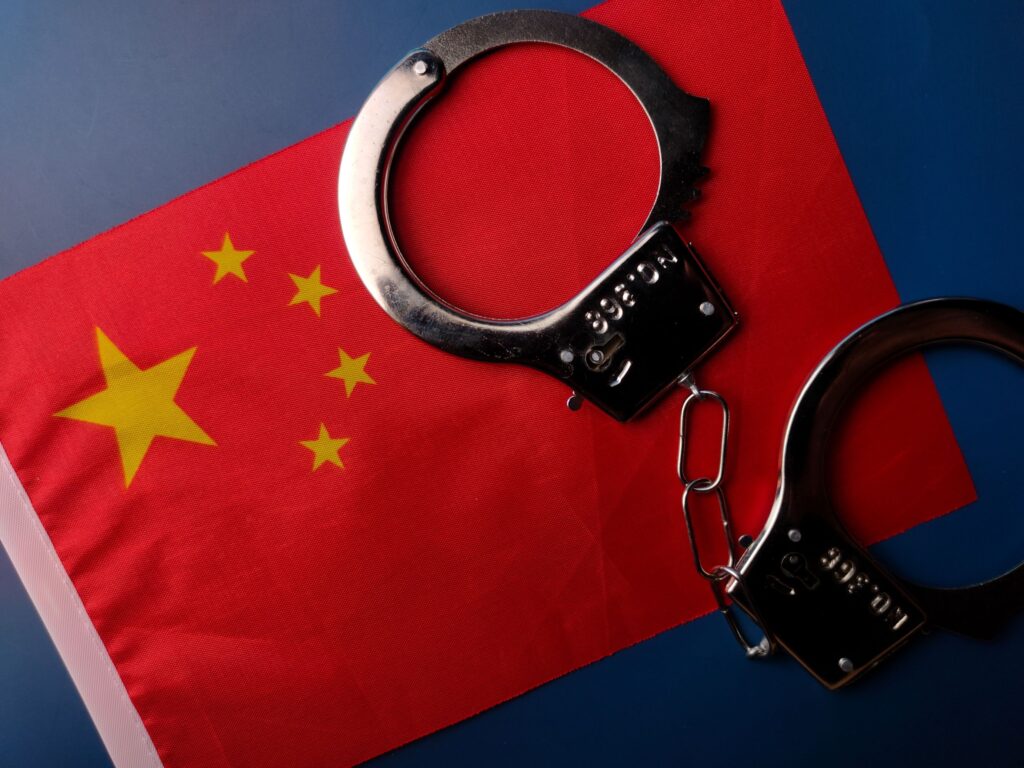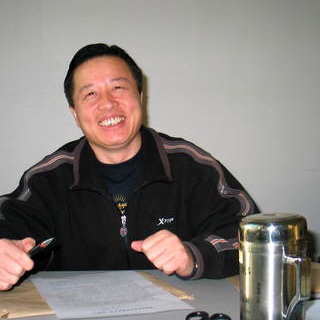On 21 September 2021, Lawyers for Lawyers (L4L), Zimbabwe Lawyers for Human Rights (ZLHR) and the International Bar Association’s Human Rights Institute (IBAHRI) organized an online seminar on the situation of human rights lawyers in Zimbabwe. The event coincided with the launch of the report ‘Attacks on Human Rights Lawyers in Zimbabwe’ by L4L and ZLHR.
The event was moderated by Baroness Helena Kennedy QC (Director of IBAHRI). Opening remarks at the event were presented by Sternford Moyo, President of the International Bar Association. Mr. Moyo highlighted the importance of the independence of the legal profession as a prerequisite for a functioning judiciary and the rule of law.
Sternford Moyo: “The report we are here to launch is of great importance, because of the attacks on the legal profession are inconsistent with independence of the legal profession. […] By attacking lawyers, you are in fact attacking the protection mechanism of human rights and fundamental freedoms. […] This kind of report should be elevated to a wider, international campaign to support the independence of the legal profession.”
Christine Nikander (Fulbright Scholar and LL.M. Candidate, Columbia University) was present to introduce the report ‘Attacks on Human Rights Lawyers in Zimbabwe’ on which she had worked on behalf of Lawyers for Lawyers. She highlighted the three main trends that the report discusses with regards to the harassment of lawyers, the impact of the COVID-19 pandemic on the legal profession in Zimbabwe, and the recommendations made to the government of Zimbabwe to improve upon the situation.
Christine Nikander: “The ability of lawyers’ to practice was strongly affected by the pandemic and the lockdown. Lawyers were left out the categorization of ‘essential services’ and could thereby not assist their clients. It was made incredibly difficult for lawyers to move around.”
Prominent Zimbabwean lawyers Alec Muchadehama and Beatrice Mtetwa were invited to share their experiences as a practicing human rights lawyers in Zimbabwe. Mr. Muchadehama recounted his own experience defending human rights since 1998 and the many obstacles he and his colleagues have faced.
Alec Muchadehama: “We have been denied access to our clients, we have been physically threatened, we have been assaulted, we have been insulted, we have been threatened with arrest and actually have gotten arrested, we have been identified with our clients. […] There is a trend, it is systematic, that was already present in 1998, that the work of lawyers is impeded, mainly by state agents or through the prosecutors.”
Ms. Mtetwa shared her concerns about the accelerating amount of arrests of her colleagues and highlighted that lawyers do not only face physical harassment, but also feel the impacts financially, emotionally and psychologically. Ms. Mtetwa explained of the kind of subtle harassment she and other human rights lawyers face in court rooms.
Beatrice Mtetwa: “The harassment and the hostility that we meet when we present our clients’ cases in courts as human rights lawyers, can make it extremely difficult to represent your own clients. Even when judicial officers are obstructing the case, you cannot be as robust, because you think to yourself: ‘If I say this, I can end up in custody with my client’. It is a very tight rope we have to walk and that impacts the kind of justice and representation that we can give to our clients. If I am fearing for my own security, I cannot be as robust in my representation of my client.”
Kaajal Ramjathan-Keogh, the Director of the Africa Programme at the International Commission of Jurists, discussed the cases of a number of human rights defenders who have faced arbitrary prosecutions and arrests and highlighted the role of the international community.
Kaajal Ramjathan-Keogh: “It is important to continue to ensure that there is ongoing interest from the international community in countries with ongoing, systemic violations of human rights, like Zimbabwe. […] We need to underscore and acknowledge that the support by the international community prevents further backsliding, prevents even more grievous and serious and human rights violations even if that is not visible and discernable at the time.”
Diego García-Sayán, the United Nations (UN) Special Rapporteur on the Independence of Lawyers and Judges, praised the connection made in the report between the political context in Zimbabwe and the independence of lawyers and also touched upon the challenges that the COVID-19 pandemic poses for the legal profession.
Diego García-Sayán: “I fully endorse all the recommendations made in the report, because, as you all know, lawyers play a vital role in the protection of the rule of law. It is the responsibility of lawyers to protect the rights of citizens from whatever corner they might get threatened.“
Baroness Helena Kennedy QC ended the session by moderating a Q&A session through which the various speakers answered questions concerning the role of the international community in supporting Zimbabwean lawyers, the existence of trainings for lawyers in Zimbabwe to protect themselves from harassment, and the possibility of a visit of the UN Special Rapporteur on the Independence of Lawyers in Judges to Zimbabwe.
Lawyers for Lawyers, Zimbabwe Lawyers for Human Rights and the International Bar Association’s Human Rights Institute would like to thank all the speakers and moderator Baroness Helena Kennedy QC for making the event possible and all the attendees for showing solidarity with the lawyers in Zimbabwe.





